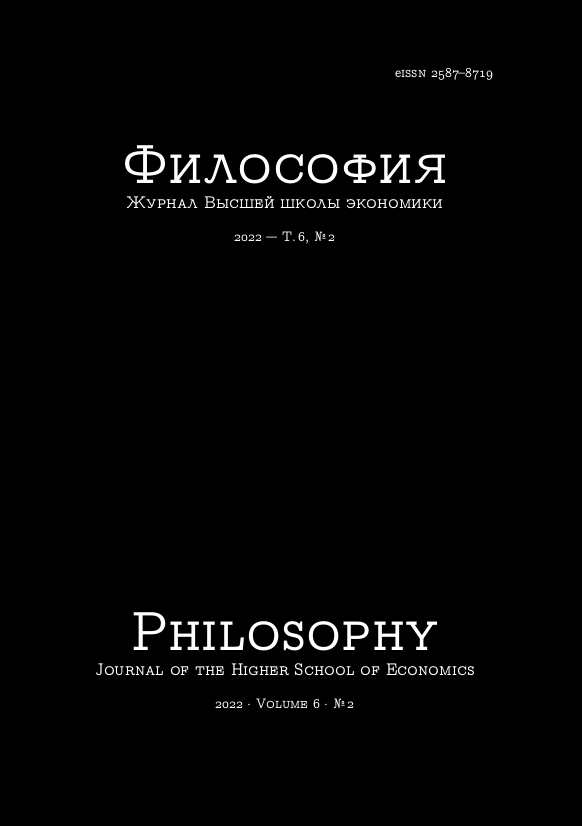Researching Internet Studies Canon
The Community Without a Discipline
Abstract
The article focuses on how the notion of canon enables the description of a research field. The authors outline the problem of studying studies, i.e., research fields that are not classical disciplines. Because of the interdisciplinary nature of the knowledge produced in studies, it does not form the corpus of classical texts, basically considered classics, but a set of authors and texts that influence the development of discussions and the choice of directions of theoretical and practical research. In order to map key approaches and explore intellectual foundations, we propose the canon as a term. It can be understood as a set of authors' actions, relations, and circumstances (like institutions) that result in texts and concepts accepted in a particular research field. Moreover, vice versa, the texts and concepts circulate in the organizations and influence them. The canon makes it possible to map the boundaries of an interdisciplinary field, distinguishing it from others and, at the same time, from the disciplines it inherits. The authors draw attention to the traditional approaches used to describe research fields: sociology of knowledge, self-descriptions of the field, and an appeal to the way research is carried out in a particular field. The second part of the paper attempts to reconstruct three histories of scholars significant in Internet Studies, clarifying the discussions in which they participated and demonstrating how the canon in internet studies was formed. Institutional factors and the theoretical resources contribute here to understanding the boundaries of Internet Studies. The analysis of canon authors thus makes it possible to separate internet studies from the other fields, such as digital humanities or digital economics. The canon turns out to be a kind of infrastructure, directing internet studies researchers to some subjects and making it more challenging to address others.
Downloads
Copyright (c) 2022 Philosophy. Journal of the Higher School of Economics

This work is licensed under a Creative Commons Attribution-NonCommercial 4.0 International License.






